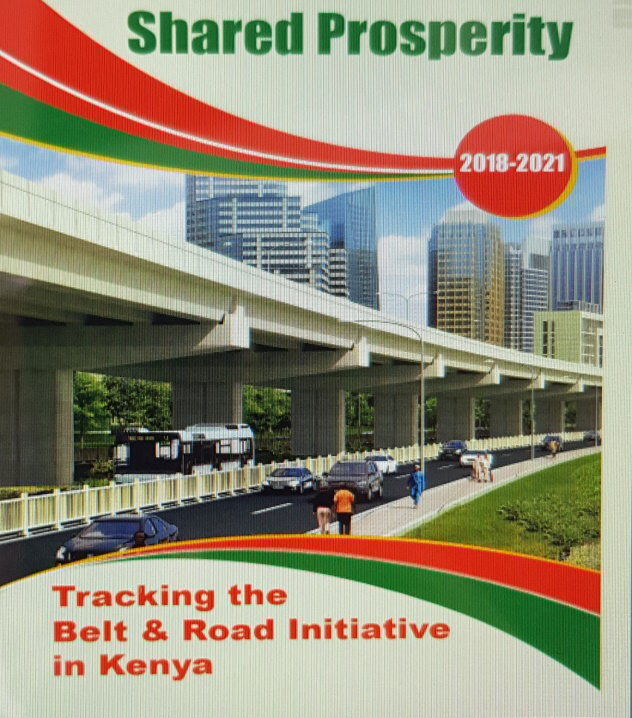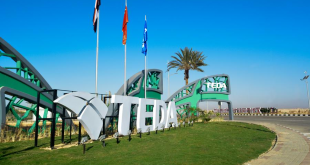
The Belt and Road Initiative (BRI), proposed by China eight years ago, is transforming Kenya’s development space in a profound way, said a report released Wednesday.
According to the report by Africa Policy Institute, a pan-African think tank, since the BRI was proposed in 2013, China has supported modern infrastructure projects such as railways, roads, ports, dams, industries, digital connectivity which has injected vitality into Kenya’s growth. “In less than a decade, Kenya has a brand new 670-kilometer modern Standard Gauge Railway (SGR) connecting the port of Mombasa and the inland (dry) port of Naivasha,” said the report, titled “shared prosperity: tracking the belt and road initiative in Kenya, 2018-2021.”
The report examined the real impact of the BRI through specific projects within the five connectivity themes of infrastructure development, policy consultation, trade promotion, financial cooperation and people-to-people exchanges in Kenya.
The BRI has so far supported projects such as the construction of roads, railways and ports that cut across and connect a total of 172 countries. According to the findings, Kenya’s Chinese-built SGR has Africa’s second largest underground tunnel which is a tourist attraction in its own right. The report indicated that as a result of the BRI, Kenya has many new industries employing thousands of people and boosting the economy. The report noted that Nairobi’s skyline is changing, with some of Africa’s tallest buildings emerging while thousands of students are benefiting from Chinese scholarships and training opportunities as part of people-to-people connections.
Chinese Ambassador to Kenya Zhou Pingjian said that China and Kenya are good friends, good partners and good brothers. “Our fruitful and wide-ranging practical cooperation stands out in China-Africa cooperation,” said Ambassador Zhou, noting China will work hand in hand with Kenya to take forward Belt and Road cooperation and implement the outcomes of the upcoming Eighth Ministerial Conference of the Forum on China-Africa Cooperation (FOCAC) to deliver greater benefits to the people of both countries.
The diplomat also said that openness brings progress, while self-imposed isolation leaves one behind. “Going forward, China will only become more and more open and continue to pursue the Belt and Road Initiative as a priority,” said Zhou. He observed that as China embarks on a new historic journey, it stands ready to deepen the China-Africa partnership and promote sustainable development in order to build a China-Africa community with a shared future in the new era.
Zhou said that for the BRI connectivity is vital, and the bedrock of connectivity is infrastructure. “It is the lack of infrastructure that has held up the development of many countries. Small wonder infrastructure development has been a top priority for China-Kenya Belt and Road cooperation in recent years and remarkable progress has been made in this regard through concerted efforts,” he added. Kirimi Kaberia, the principal secretary for the Ministry of Industrialization, Trade and Enterprise Development, said BRI “has also improved Africa’s continental interconnectivity, breaking borders and catalyzing intra-continental trade.”
Through BRI’s formulation and implementation, in less than ten years, Kenya now has a new deep seaport in the coastal town of Lamu, the SGR which has transformed the delivery of goods, as well as thousands of kilometers of roads that have transformed logistics in the region, said Kaberia. “These initiatives have created new centers of industrialization and development,” Kaberia added.
Xinhua
 Africa -China Review Africa -China Cooperation and Transformation
Africa -China Review Africa -China Cooperation and Transformation
